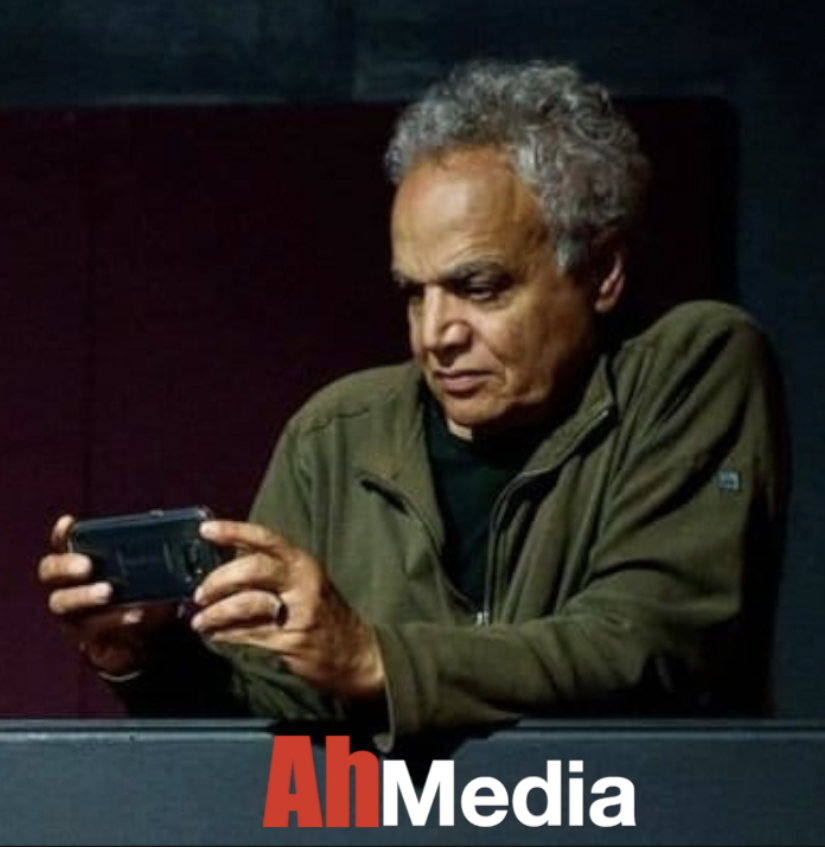Every time I stop by the segregated Moslems cemetery in southwest metro area I remember a story of my hometown in Egypt, a small, unassuming village in the Egyptian Nile delta. Many people’s lifestyles hadn’t changed that much since the time of the pharaohs, and local demographers have not issued their census report ever since the farmers found a better use for the counting beans.
Before CNN and Al Jazeera, villagers lived the simple life of a farming community, and their interest in the outside world went only as far as the edge of their cornfields. People seemed to consult the same fashion designer, go to the same mosque to pray, eat the same food, celebrate the same holidays, and for generations, villagers kept the gene pool very much confined to the area’s families.
However, there was something un-provincial about my village. Unlike most of villages around us, we had one Christian family living among us. They lived in the outskirts of the village near the cemetery, a place villagers would visit only when there was a divine call.
The Christian family’s peculiar lifestyle was intriguing to me; in fact, it was a breath of fresh air to invigorate the monotonous village life. They seemed friendlier than most, and they flashed a smile to anyone who cared to make eye contact.
Unlike other villagers, who worked on the farm, the Christian family was still in the hunting-and-gathering age. They made their living chasing wild wolves lurking on the outskirts of the village during a time when wolves were considered a dangerous species. The Christian father would disappear into the remote cornfields for days and suddenly reappear with his kill. The family then would drag the dead wolf around the village for show-and-tell, describing the grave danger they had just faced and the heroic adventure they had encountered, which earned them considerable admiration from villagers and a handsome handout of rice, corn or whatever the season offered at the time.
The students in the Christian family weren’t required to attend the daily religious class at the public school like the rest of us, who had to endure the daily dull regimen of the overbearing religion teacher.
It was customary for the teacher to call on “Sameer Kariakoos,” the only Christian student in my class, to leave the room. He left under the watchful eyes of all the Muslim students, looking on with a mix of envy and sarcasm. He freely
Years went by, and since Egyptian Christians had the same life expectancy as Muslims, the father suddenly died. The family was not prepared for this eternal fate, and neither was the rest of the village. Although the cultural tradition of the Muslim villagers accommodated the Christian family while they were alive, the religious burial traditions were not flexible enough to accommodate the mixing of their dead in the same cemetery. The Christian family wanted to bury their father in the village among his Moslems friends and not venture away to a segregated Christian cemetery, as most of them do across Egypt.
There was some reluctance and hesitation from the village leaders. Islam prohibits mixing the dead in the mausoleum. I guess they were afraid that the Christians might eavesdrop on the dead Muslims’ conversations with God.
My family were not known for their religious zealotry, but for their kindness and generosity. The family logic was that if the Christian family had lived in peace with the rest of us all these years without any trouble, there definitely wouldn’t be much trouble while they were dead.
My family consulted no one in the village. As we had welcomed the Christian family alive, so we welcomed them among our dead. The burial ceremony was completed with a grave, like all Muslim graves, that lacked religious symbols or eulogy — just a Christian family name, “Kariakoos,” and dates: “Born in 1911 and died 1962.”
All those years, in my village, Muslims and Christians had lived together and died together in peace and harmony. As my brother put it, “No diversity programs were required, no axis of evil was declared, and no crusade or jihad was launched.”
My brother asked me in a reflective voice “Please relate this story to your friends in America.”
I just did.
Ahmed Tharwat is host of the Arab-American show “Belahdan,” which airs Sundays at 10:30 p.m. on Twin Cities Public Television (Ch. 17).
©2007 Star Tribune. All rights reserved.
